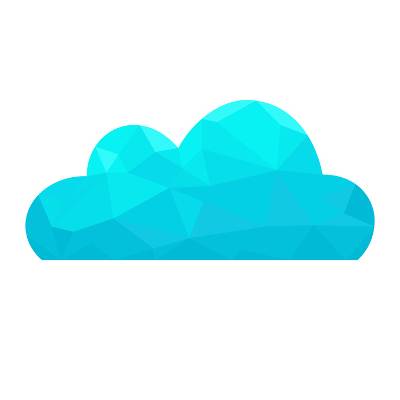Macro Systems Blog
A Pocket Guide to Cloud Computing
There is no question that, by now, you have heard of the cloud. The computing method has grown to be an essential component for any business to consider. But what does “the cloud” actually refer to, and what must a business owner consider as they select a solution for their needs?
What is the cloud?
The cloud is a ubiquitous form of computing that enables you to access and store data in an online, hosted environment. In the simplest terms, you are storing your data on someone else’s computer. Ideally, this computer or server is thoroughly managed and secure. You can access your information from anywhere, and resources can scale without a major investment in hardware on your end. This approach has proven to be of great benefit to many businesses.
Utilizing a cloud solution can increase cost savings and mobile productivity. It also improves internal collaboration by providing access to a virtually endless supply of shared storage space. In most cases, cloud computing allows scalable adaptation of services to provide a custom fit to your business’s needs.
There are a few options to select from, depending on the needs of your organization.
Public Cloud
A public cloud allows the general public to store data within a shared cloud environment. Each user is able to access their own part of the cloud resource. Depending on the provider, these services may be free or priced based on resource usage. Some well-known examples of public cloud solutions include G-Suite, Microsoft Office 365, and Dropbox. However, the public cloud isn’t without it’s weaknesses. The occasional Internet outage can leave users unable to access their data. Furthermore, some providers may shift their data storage locations without informing the user. This may fly in the face of company security policies. Plus, with a lower security standard, the public cloud is more likely to be hacked.
All in all, these services are typically cost effective and good for consumers, but depending on your business needs, they might feel a little restrictive. This is where a more custom, private cloud fits in.
Private Cloud
The term “private cloud” can refer to either of two setups: either a company hosts their own cloud solution, or an isolated section of a cloud provider’s resources, restricted to a single organization’s exclusive use. These solutions are usually priced based on resource usage. Private cloud options tend to have a heftier price tag than their publicly-available versions, and usually need some level of IT experience to setup and maintain--so a managed option may be best to implement in some cases.
Hybrid Cloud
As its name suggests, a hybrid cloud solution/environment is one that implements resources from both the public and private clouds for different purposes, reaching across an infrastructure’s firewall to access resources found on the opposite side. Unsurprisingly, while hybrid cloud solutions aren’t as low-cost as public cloud, they provide exceptional value for businesses who need the customization of private cloud and the accessibility of public cloud.
By keeping these considerations in mind, you can be sure that your cloud experience has clear skies. Does your business still strictly use on-premise infrastructure for your IT? If you want to learn how your business can move to the cloud, give Macro Systems a call at (703) 359-9211 for an evaluation of your current and future needs.





Comments